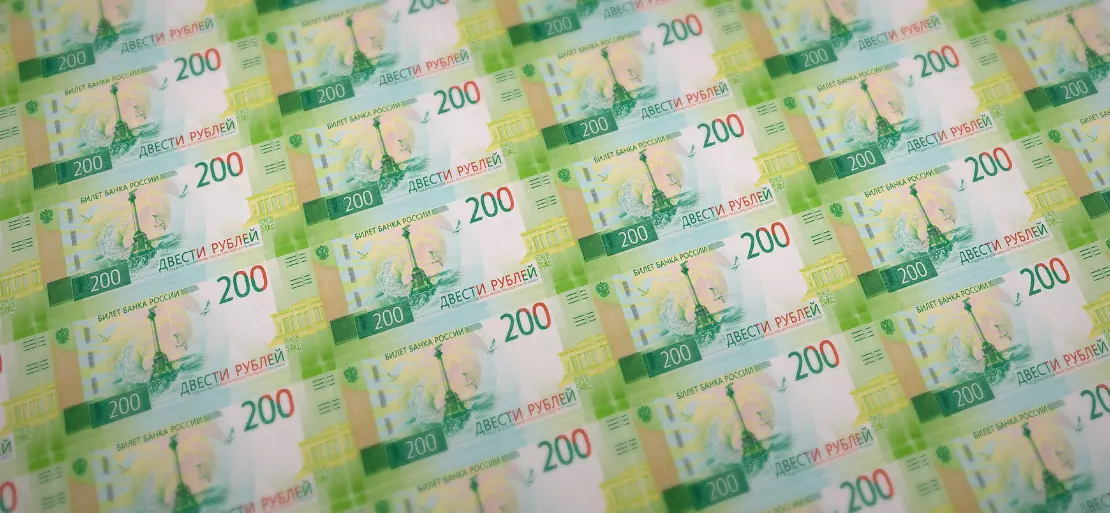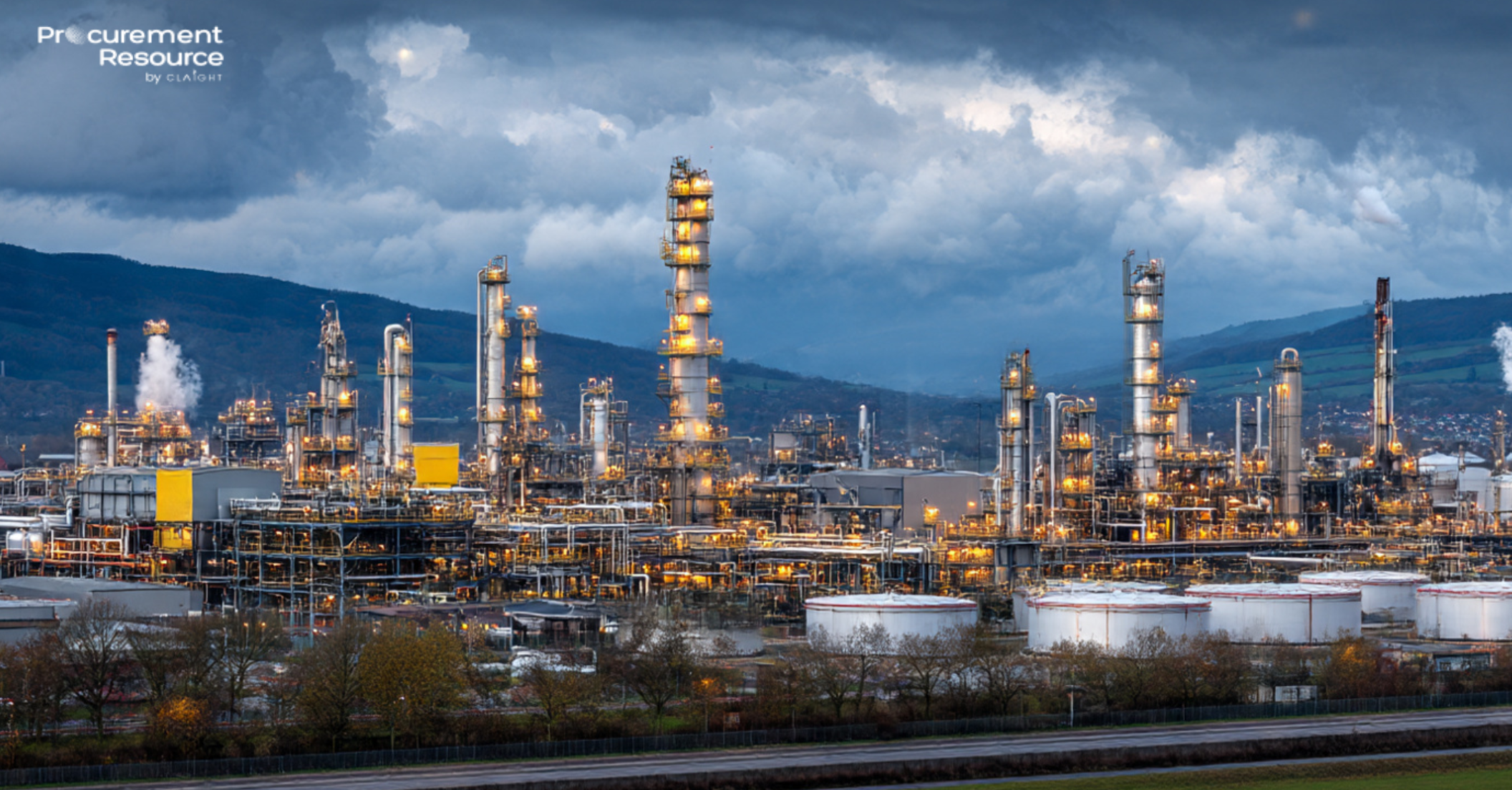The United States Intends to Raise USD 200 billion to Finance Worldwide Infrastructure Ventures

The United States plans to raise USD 200 billion in private and public funding over five years to support vital infrastructure in poor nations as part of a G7 attempt to challenge China's multitrillion-dollar Belt and Road Initiative, the White House announced on Sunday.
At this year's G7 summit in Schloss Elmau, southern Germany, US President Joe Biden will outline the proposals, flanked by other G7 leaders, some of whom have already announced their independent efforts. G7 leaders first discussed plans for the project last year and are formally launching it now under a new title, Partnership for Global Infrastructure, and Investment, discarding the term Build Back Better World created by President Biden during his visit to China.
President Joe Biden will present several initiatives during a G7 side event, attended by leaders from the United Kingdom, Germany, Japan, the European Union, and Canada, committing to prioritise the projects that address climate change, promote global health, gender parity, and digital infrastructure.
French President Emmanuel Macron, who had formally joined China's infrastructure programme, will be conspicuously absent. The president does not believe that we need to spend dollar for dollar against China but if you total up what the US and the G7 allies are about to announce, it comes quite close to the number, one senior US official told reporters.
According to the White House, the funds would be raised through grants and federal funds, as well as through leveraging private-sector investments, with hundreds of billions of dollars coming from multilateral development banks, development financing institutions, sovereign wealth funds, and others.
China's Belt and Road Initiative (BRI), inaugurated by Chinese President Xi Jinping in 2013, encompasses development and investment initiatives in over 100 nations, with projects ranging from railways to ports to motorways.
According to White House officials, Xi's goal to build a new version of the ancient Silk Road trade route has delivered little visible benefit to many developing countries, with top jobs going to Chinese employees while forced and child labour rates have increased.
Joe Biden will highlight numerous hallmark initiatives, including a USD 2 billion solar development project in Angola supported by the Commerce Department, the United States Export-Import Bank, the United States firm AfricaGlobal Schaffer, and the United States project developer Sun Africa.
Washington will also provide USD 3.3 million in technical assistance to Institut Pasteur de Dakar in Senegal as it develops an industrial-scale flexible multi-vaccine manufacturing facility in that country that will eventually produce COVID-19 and other vaccines in collaboration with G7 members and the EU.
The United States Agency for International Development (USAID) will also contribute up to USD 50 million over five years to the World Bank's new worldwide Childcare Incentive Fund, an initiative designed to fill a shortfall in appropriate childcare infrastructure.


.webp)
